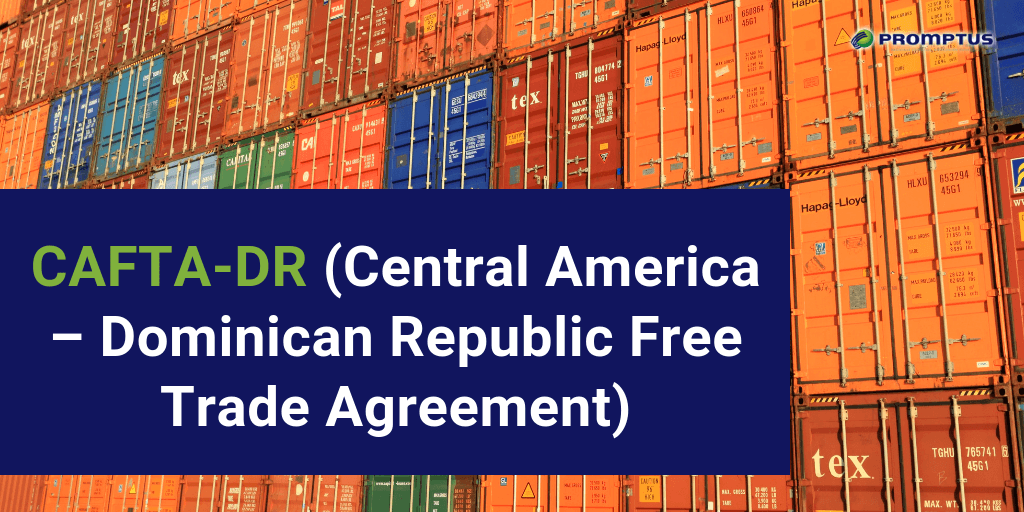Alarms have been unleashed in our country, due to complaints from national rice producers, so that the authorities take into account the damage that the production of this important item of the national diet would suffer, at the end of the protection period established under the DR-CAFTA Agreement, which entails the duty-free entry without quantitative restrictions of subsidized rice from the United States from the year 2025.
Many voices have been raised criticizing the negotiation of the agreement, I have heard some opinions in which even those of us who participated in the negotiation have been labeled as irresponsible. As a witness to several of the rounds of negotiations, and with the experience gained in more than 20 years of participation in trade negotiations in our country, both at the multilateral and regional level, I believe it is important to clarify some aspects of the negotiations.
Those who argue that the Dominican Republic did not obtain sufficient protection, and that it did not negotiate well, forget that DR-CAFTA is a Free Trade Agreement, whose objective is to liberalize it gradually, applying certain protection mechanisms, such as important transition periods that allow producers to adapt to the liberalization process.
In the case of rice, a maximum of 20 years was achieved in the period of tariff reduction. In addition, a special safeguard mechanism was introduced that could be activated in the event that the tariff reduction caused or threatened to cause significant damage to domestic production.
Given the logical concern expressed by domestic producers, the DR continues to rely on multilateral instruments, within the framework of the WTO, for trade protection against unfair import competition, which allow the application of emergency protection measures in the event of this type of situation. The country did not renounce the use of these mechanisms when it negotiated the DR-Cafta.
I believe it is fair to acknowledge those who led the negotiations on behalf of our country. I must emphasize that the negotiating team that participated in the negotiations were responsible and highly qualified technicians, among them: Mrs. Sonia Guzmán, current Dominican ambassador in Washington; Orlando Jorge Mera, who was president of INDOTEL; Carolina Mejía, current mayor of Santo Domingo, ambassador and coordinator of the negotiating groups; Osmar Benítez, in the agricultural area, and several other technicians who were part of the excellent Dominican team. As alternate ambassador of the DR to the WTO, I was appointed to participate in the negotiations, in order to maintain the coherence of our positions in Washington and in the Doha Round at the WTO.
President Hipolito Mejia and Sonia Guzman gave the highest priority to these negotiations. It was not irresponsible to participate in them; on the contrary, the irresponsible thing would have been to stay out of the referred agreement, allowing the exports of the Central American countries to completely displace our country from the US market, with the devastating economic and social consequences that this would have brought us.
It is important to point out that the Dominican team negotiated successfully, as they managed to achieve the same as the rest of the Central American countries; none of them obtained greater protection for their products than that obtained by the DR.
The best food security policy is to protect and support domestic production.
Currently there is the situation of national fresh milk producers, who are on the verge of extinction, due to imports of powdered milk, which competes advantageously against national production, putting the future of the sector at risk.
No country is obliged to allow its domestic production to be wiped out, allowing highly subsidized imports to enter the domestic market indiscriminately.
This is why President Luis Abinader has firmly expressed that he will not allow this to happen.
Source: Hoy.com.do
Learn More: NEWS

